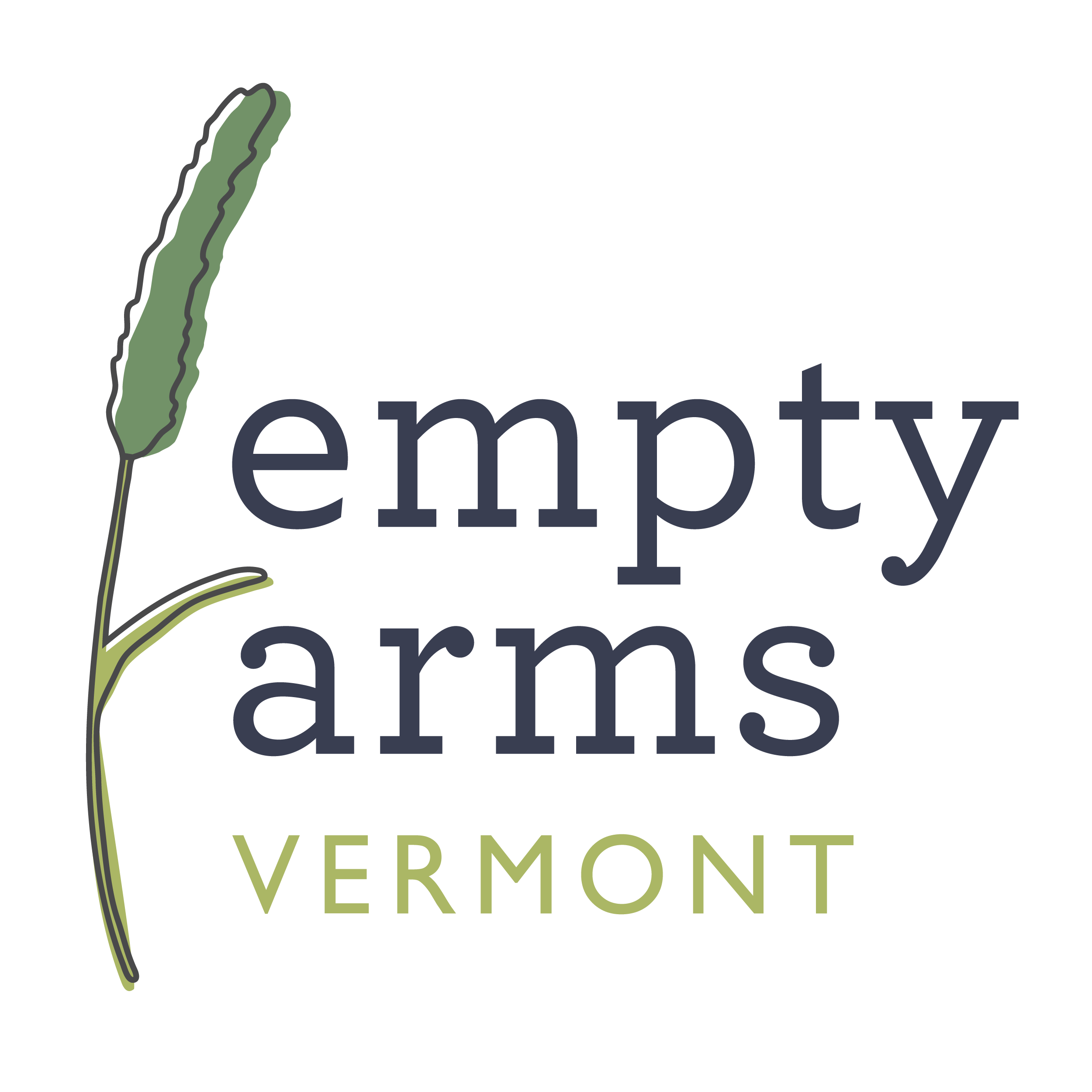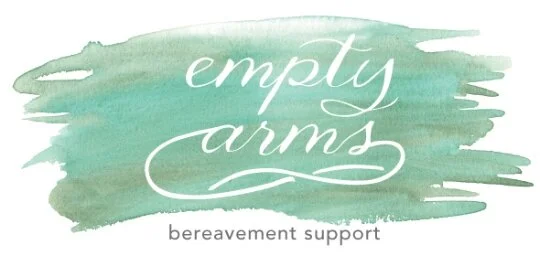Empty Arms Vermont partners closely with Empty Arms Bereavement Support (EABS) in Massachusetts. Carol McMurrich, the founder of EABS, is our educator for any obstetric practice or provider looking to receive professional training around bereavement support. The following information is about their course “Accompanying Parents When A Baby Dies: Developing Your Own Philosophy of Care.“
It all started when…
“My labor and delivery unit at Mass General recently had a professional training seminar with Carol McMurrich of Empty Arms. It was an absolutely invaluable learning experience. I’ve been a labor and delivery nurse for 18 years and this was by the far the most detailed and all-encompassing program related to perinatal loss and bereaved families. Although the program was moved from a classroom atmosphere to a zoom call, it was as equally impactful. The parent panel was fabulous and very moving. Carol was incredibly knowledgeable and really guided us to improve the language we use with patients and their families during such a difficult time. We all agreed it could have been a 2 day course and truly hope this can become a annual conference for our unit!”
Juliet Pollander, MGH nurse
Accompanying Parents When A Baby Dies: Developing Your Own Philosphy of Care
We invite you to host or attend a course for professionals designed and presented by Empty Arms Bereavement Support
Bereavement care has been a long-overlooked area of perinatal health and wellness and it is time for that to change. Babies can, and do, die. As perinatal health professionals, it is our moral obligation to have the skills required to care for families when babies die. Empty Arms can help you and your staff to be better equipped to care for your patients at the time of loss.
Empty Arms has served nearly a thousand individuals over the past 14 years, and speaker Carol McMurrich carries all those stories with her. Every story involves the intersection of health care with the loss experience. How parents perceive the care they receive from doctors, nurses, midwives, and social workers profoundly affects the way in which they experience the trauma of their loss as it takes place, as well as affecting their ability to make good decisions, build resilience, and thrive after discharge.
When we work with bereaved families, we typically begin from a place of fear, because we worry that we are going to do harm to someone who we know is vulnerable and needs our help. People are uncertain of what to say, how to act, what to do.
Fear is normal. Fear is appropriate. Fear is a tool that helps us be hyper-aware and thoughtful about our words and actions.
This course is as much about helping staff to learn what words and actions help bereaved families as it is an intervention so that staff will come away from bereavement work feeling fulfilled by what they have been able to offer someone, rather than walking away feeling traumatized or anxious.
Research has shown that what most helps health care providers to be grounded in bereavement work is specific training around bereavement care.
This is followed closely by the opportunity to debrief with, connect with, and build a narrative with other staff following a loss, which simply cannot be done when staff is not comfortable talking about loss and its aftermath.
When you and your staff are grounded in bereavement work, it has an enormous impact on how they experience caring for the bereaved and how they are– or are not– stressed or emotionally harmed in the process. In addition, your patient experience is vastly improved when your staff are skilled and well informed.
Please consider an Empty Arms training for you and your staff in 2022. We are currently booking and look forward to hearing from you!
For more information, see our website page about professional trainings.
Please click here to read about how to book a training for your unit, organization or faculty or click here to add your name to the list to attend an Empty Arms Virtual Training scheduled at your convenience


